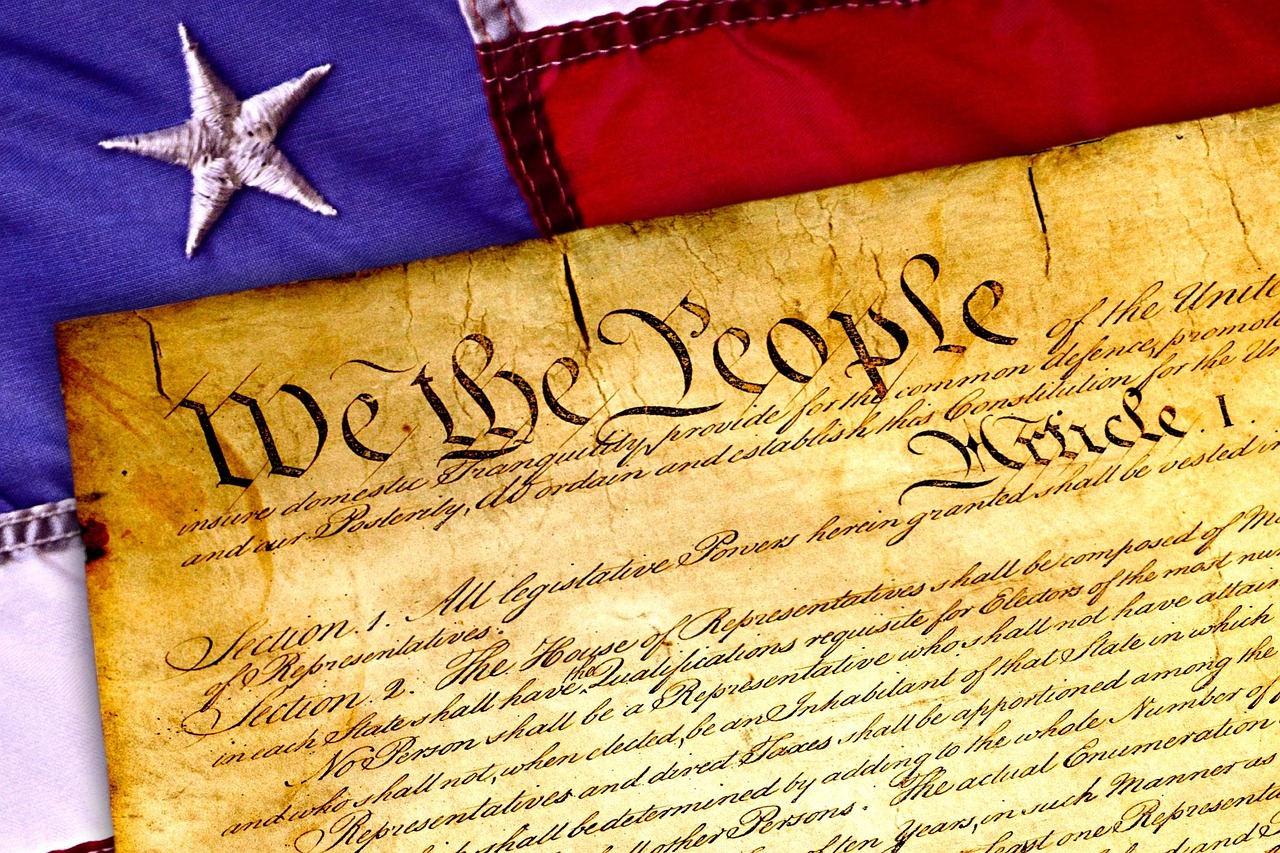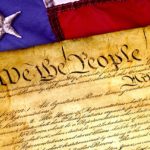State of the Union Address: Part 1 – Does it matter?
With the State of the Union address less than 24 hours away, the question of its relevance in today’s polarized political climate is on the minds of all of the major media outlets as well as CGC. Today’s blog post we start a 3-part series about the State of the Union. Today we will focus on the history of the speech to ready ourselves for tomorrows address.
The history of this speech is surprisingly far more politically charged then one would imagine. The speech has its origins and obligation rooted in the Constitution, Article II, Section 3, Clause 1, which states The President “shall from time to time give to the Congress Information of the State of the Union, and recommend to their Consideration such measures as he shall judge necessary and expedient.”
The first president to make such a speech was George Washington in what was then known as the Annual Message. Jefferson later discontinued the tradition because to him to smacked of the Annual Message presented by the British crown each year (and he didn’t want to make the trip up to the then capital of New York). For some years, it was presented by a clerk and then devolved into a written message. Woodrow Wilson revived the personal delivery in front of the full Congress.
Wilson’s motives for re-instituting the in person address was due to his belief that the founders erred on making the three branches of government separate and that by doing a in-person delivery he could further his agenda and make a more democratic process. With the exception of Herbert Hoover, all other presidents since Wilson have presented a public speech and used available media to ensure the public had awareness.
While on its face, the presentation of the State of the Union address should be a benign event that has not always been the case. There have been some humorous moments in recent history caught for posterity by television and kept alive as memes and gifs by the internet (such as Justice Ginsberg taking a nap in 2015 and Vice President Joe Biden grinning and pointing). However, there have also been some moments where unfortunate political polarization has been captured such as when Justice Alito reacted to President Obama’s criticism of the Citizens United decision and President Nixon’s argument that one year of Watergate was enough.
While the historical aspects of the speech are interesting and historians can and do debate which speech was best or worst, CGC would pose the question as to whether or not the speech has a relevance as a way to generate common ground. Have presidents been able to spark unity and understanding through the speech or is it simply an arcane exercise?
Do you plan on watching the speech or boycotting? Will you watch with an eye and ear towards understanding the other side’s position?





